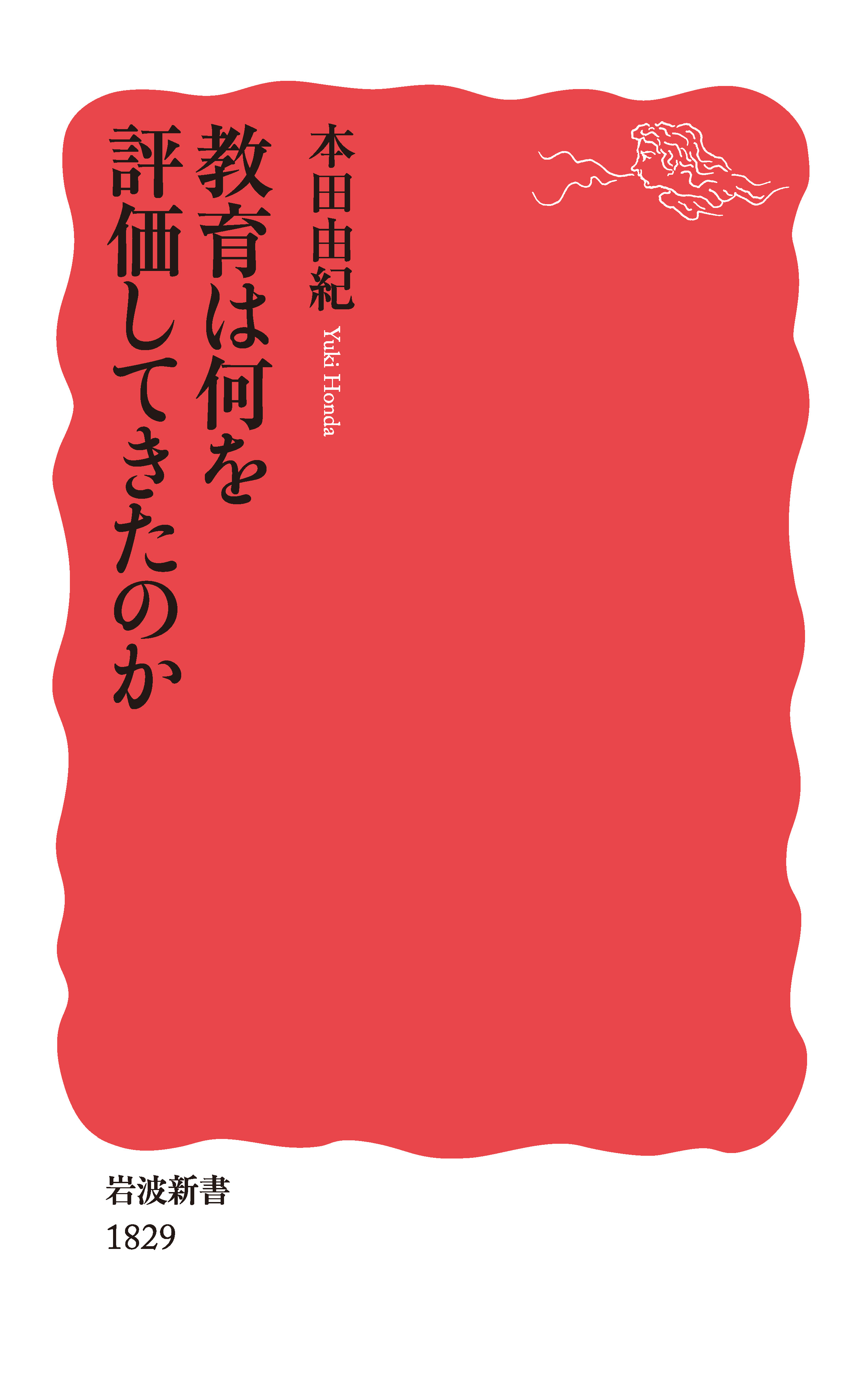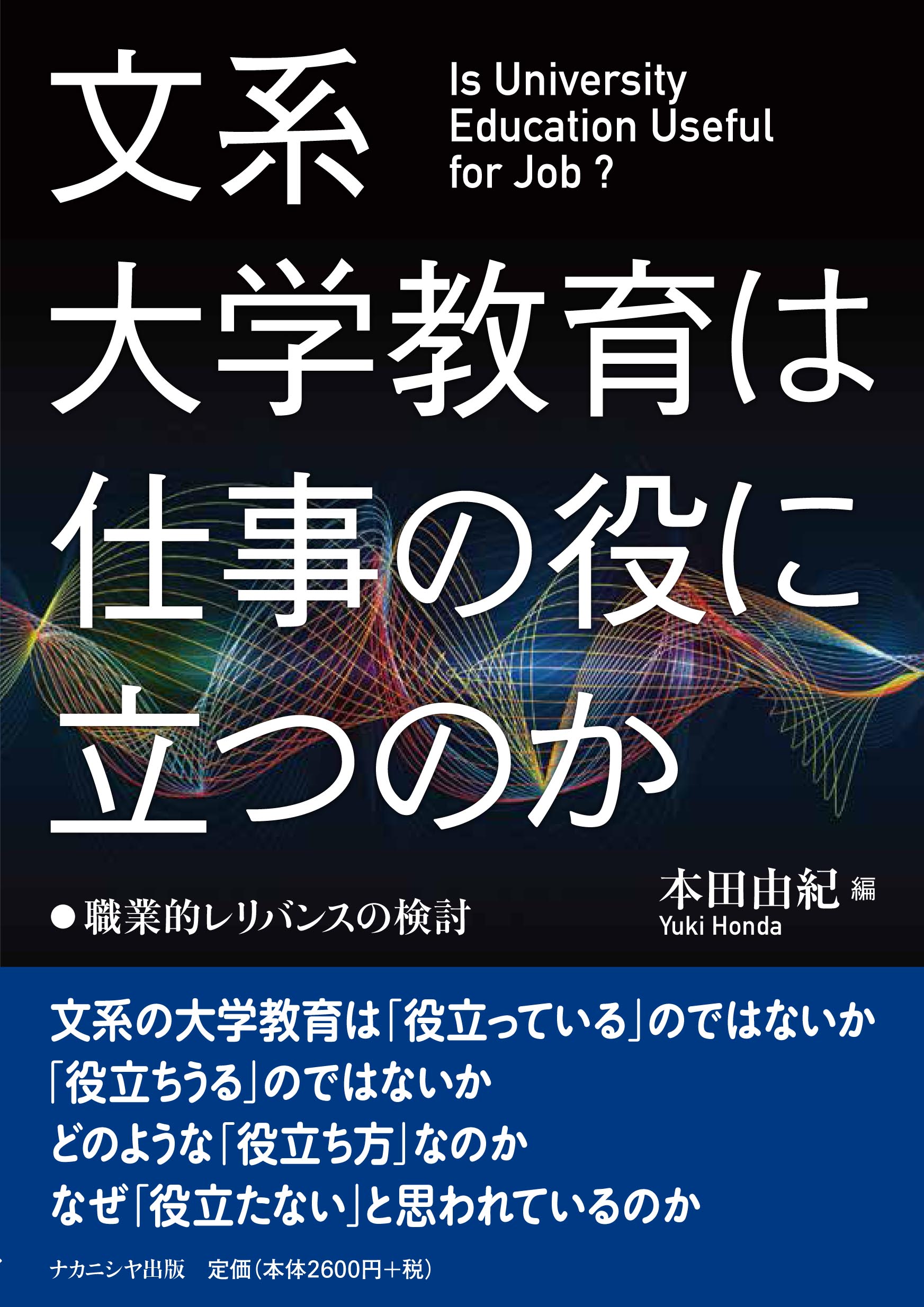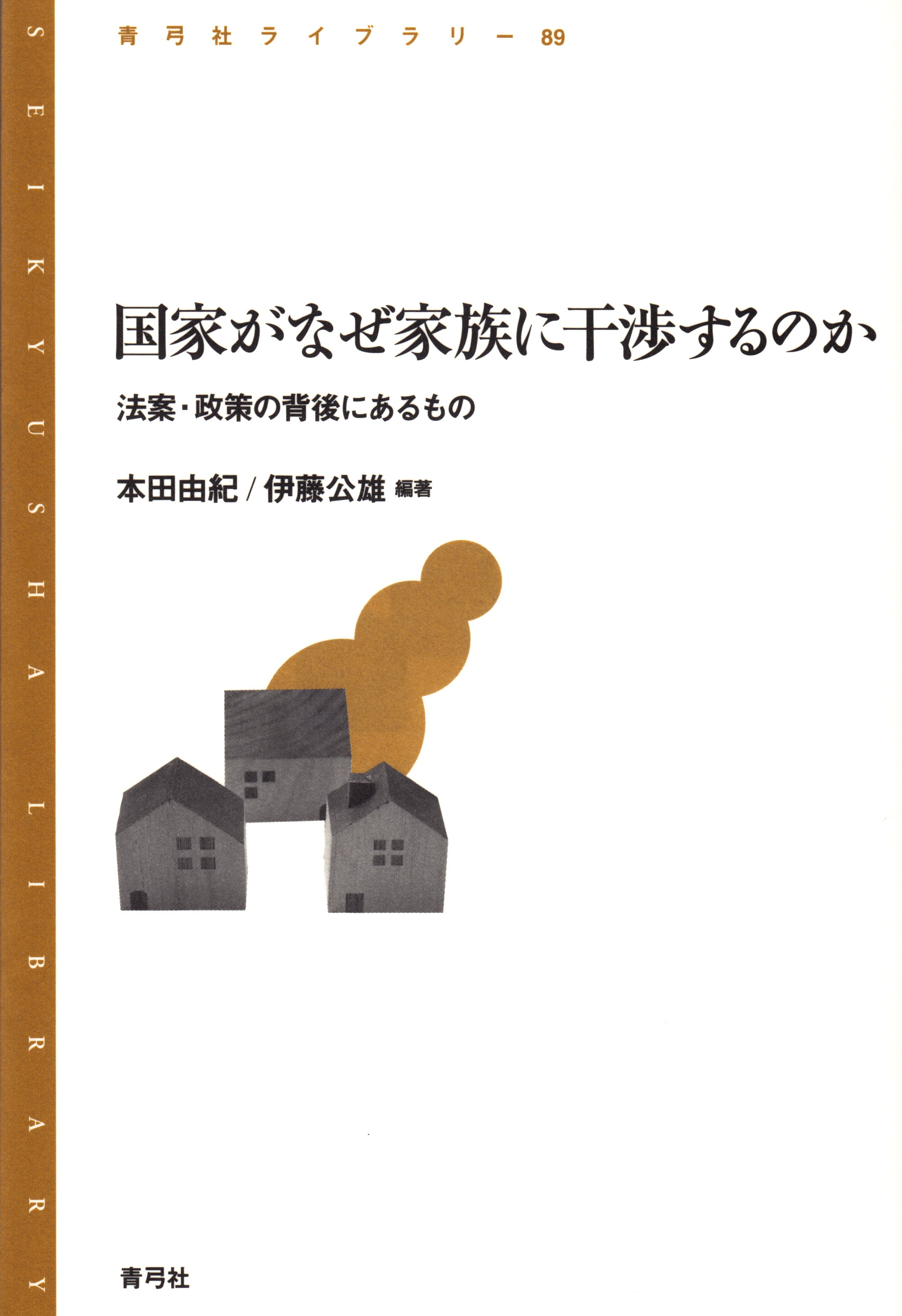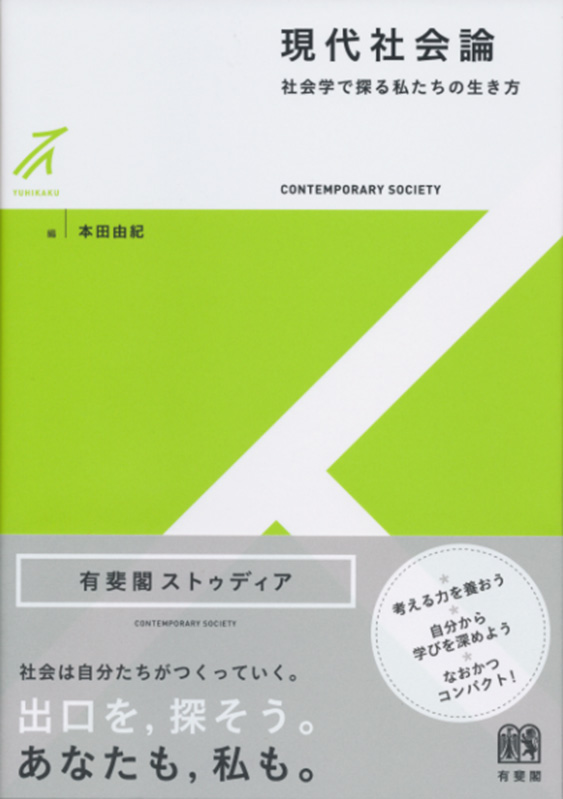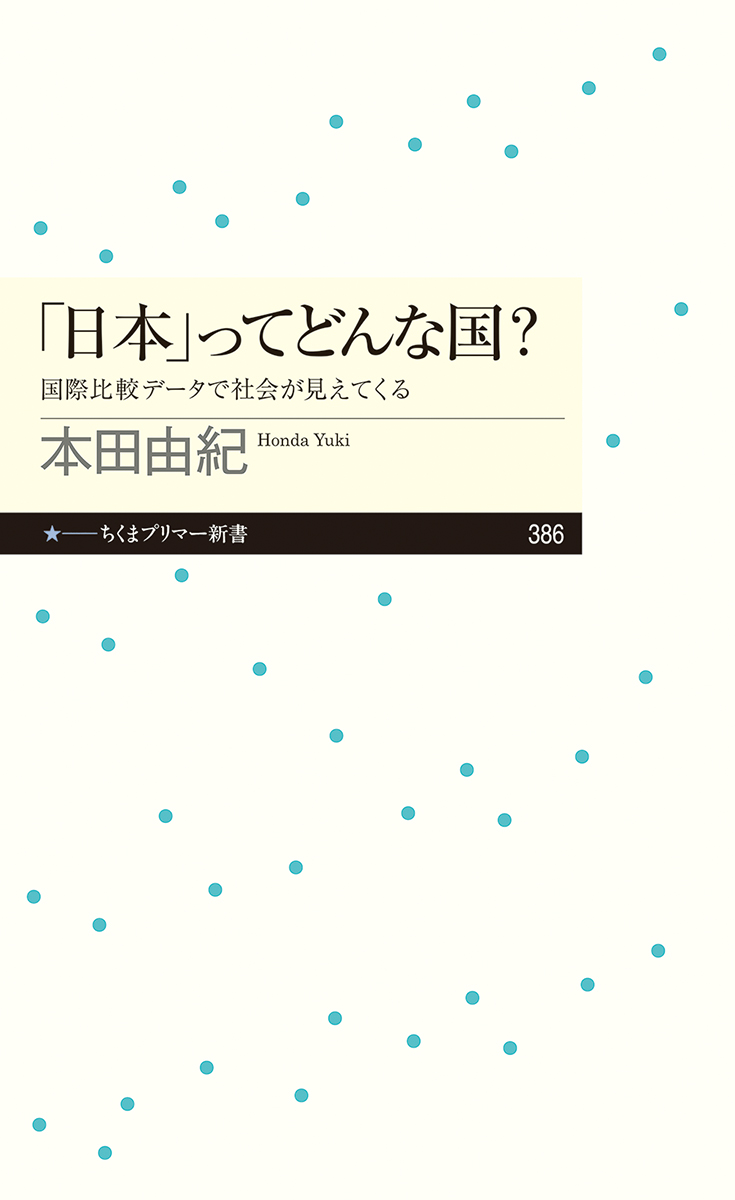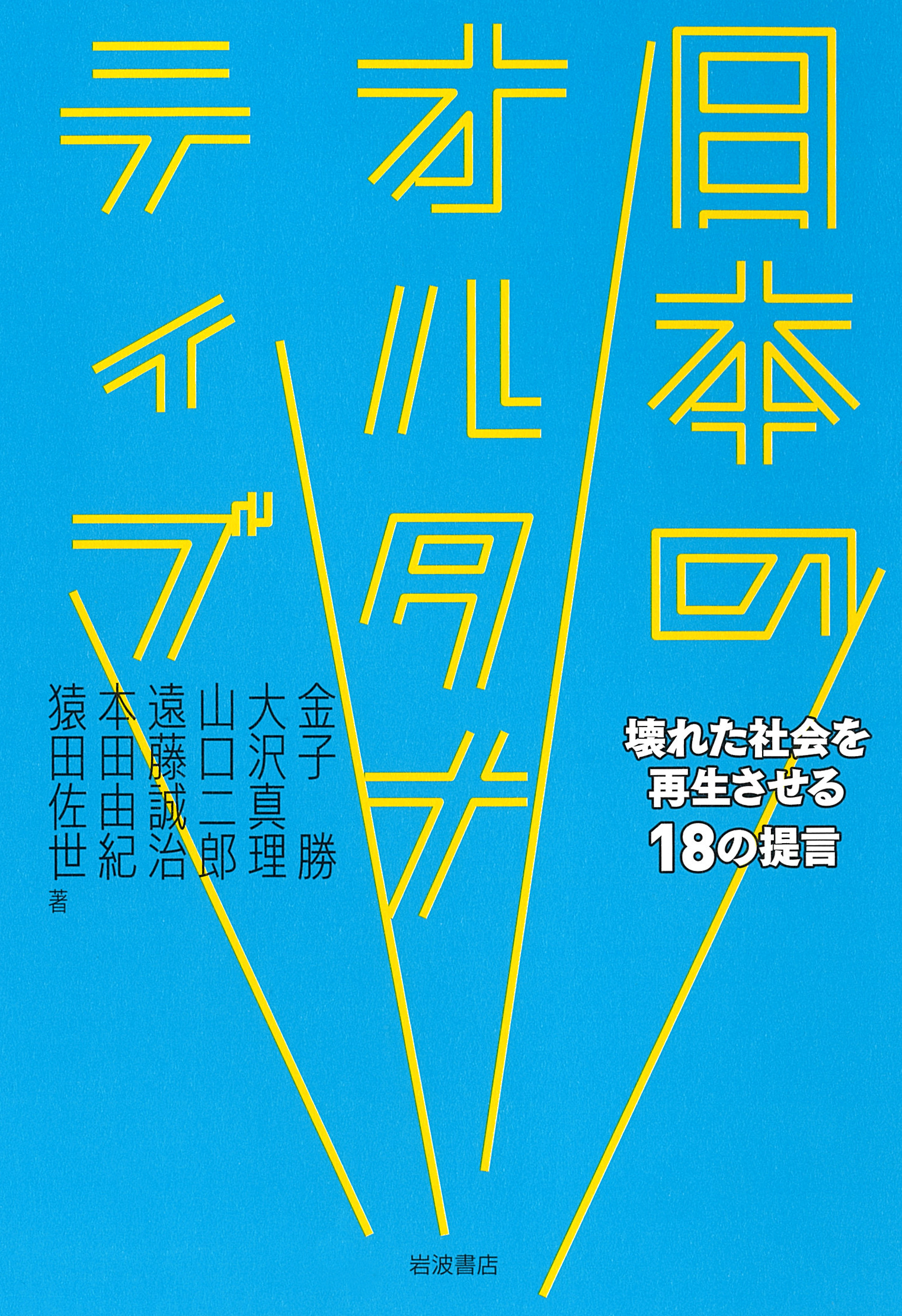
Title
Nihon no Alternative (Alternatives for Japan - 18 Recommendations for Rebuilding a Broken Society)
Size
204 page, 127x188mm, softcover
Language
Japanese
Released
March 04, 2020
ISBN
9784000613941
Published by
Iwanami Shoten
Book Info
See Book Availability at Library
There is a concept known as “learned helplessness,” an acquired sense of resignation and despair that causes us to think, “nothing can be done.” According to psychologist Martin Seligman, who discovered this mindset the cause of a person's “learned helplessness” lies in three characteristics in how that person interpreting things. These three characteristics are permanence (“it will always be the same”), universality (“it's the same for everything”), and individuality (“it's my fault”). People who tend to perceive things along these lines will have a strong tendency to fall into the trap of “learned helplessness.”
What about those of us living in Japanese society? Is our behavior controlled by “learned helplessness”? The economy has been stagnating for more than a quarter-century, Japan’s international presence is diminishing, life only gets harder, educating our children just keeps getting more and more expensive, and despite all the big talk of “women’s advancement,” it is still a bunch of old men who run everything. On top of that, the global ranking of Japanese universities keeps slipping downward. There is nothing to be done. I suffer because of my own incompetence. Are these not the typical signs of “learned helplessness”?
All of the three characteristics that are at the root of our sense of helplessness, however, can be blown away simply by thinking, “society can be changed.” To put it another way, we simply need to realize we have other possibilities, a choice of alternatives. The six authors of this book wanted to present these alternatives as concretely and clearly as possible, which is why they got together to create this book.
The six had frequent meetings to discuss the format of the book, what the contents should be and who should write which chapters. Regarding the format, it was decided to open each of the six chapters in the book with a brief presentation of three current issues and three recommendations for solutions. Each chapter would then start with a general discussion of the themes and then go on to explain the three issues and three recommendations in detail. Finally, there would be an addendum at the end of the book with recommended readings for those who might want to learn more. These are the basic policies of this book. There were other ideas, such as incorporating the opinions of young people in each chapter, or adding photos and illustrations, but we decided to give priority to getting the book out as soon as possible, and therefore decided to focus on expressing the essence of what we wanted to say.
The six chapters are ordered as follows: Economics, Taxes and Social Security, Society, Diplomacy and National Security, Okinawa, and Politics. The author of each chapter is a specialist in that chapter’s topic. All of these topics are essential in any examination of Japan today. Okinawa has its own chapter because we felt it is of critical importance.
My chapter is the somewhat residual “Society.” After struggling with what to write, I decided to focus on the issues of inequality, discrimination, and coercion, all imbued with a tangled flow of education, labor, welfare, and discrimination. I leave it to the reader to decide whether or not we have been able to organize the issues and make recommendations successfully in the limited number of pages we all agreed to adhere to.
In September 2020, the Abe administration that had gone on for way too long at last came to an end. What we got in its place, however, is far from an alternative as it seems determined to make things even worse. But we must not despair and become trapped by learned helplessness. We do have alternatives. Society can be changed.
(Written by HONDA Yuki, Professor, Graduate School of Education / 2020)



 Find a book
Find a book


 eBook
eBook